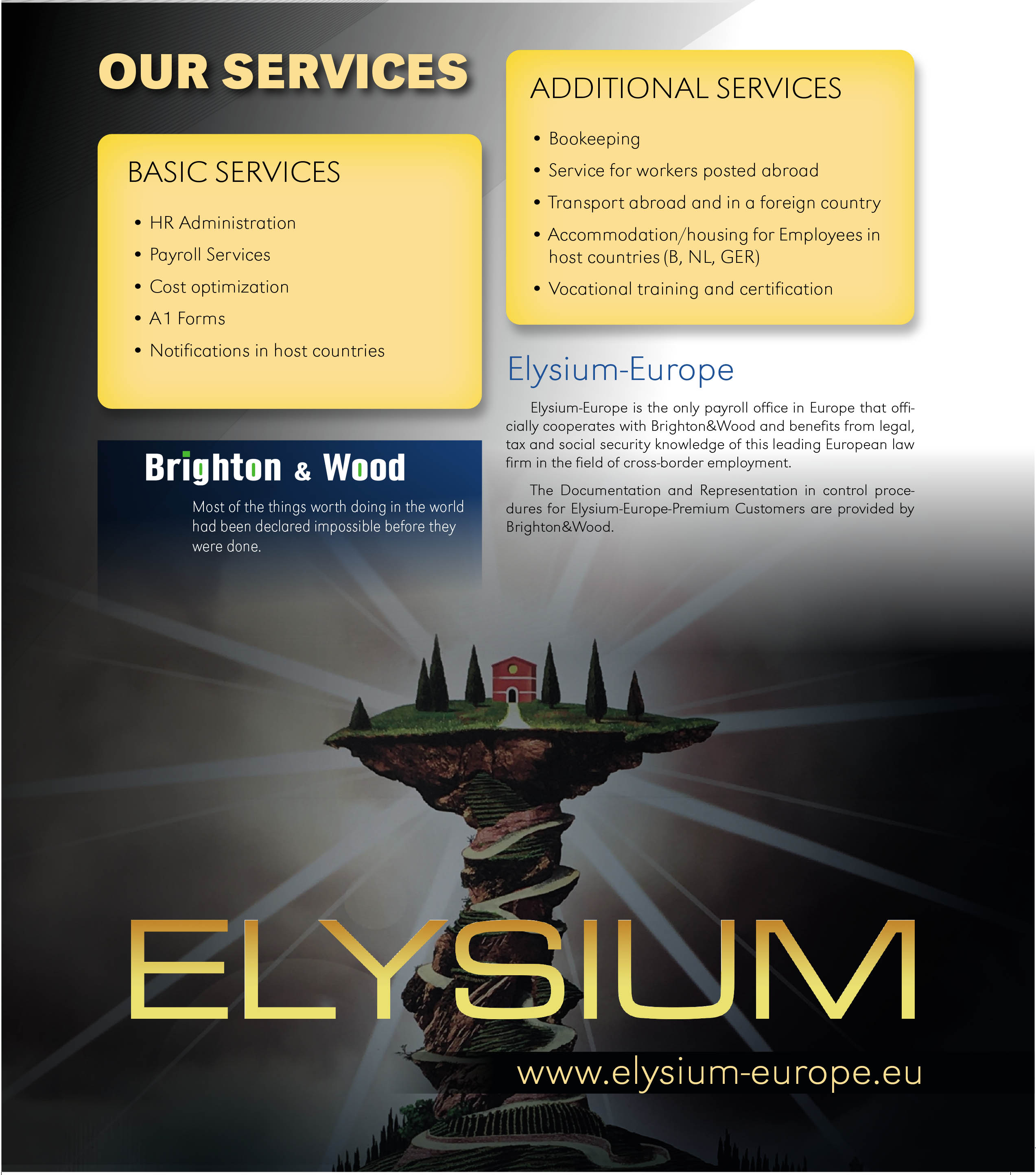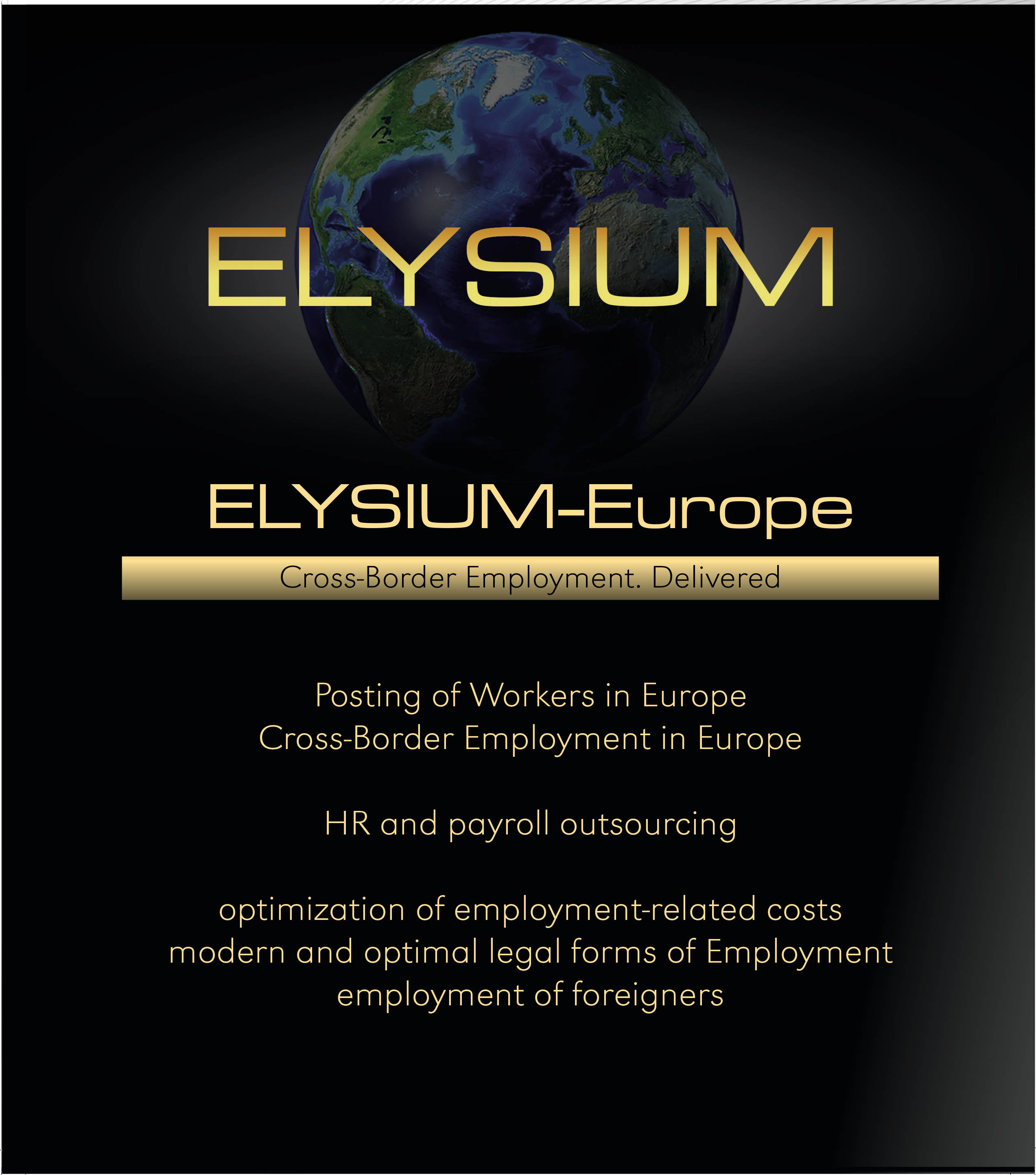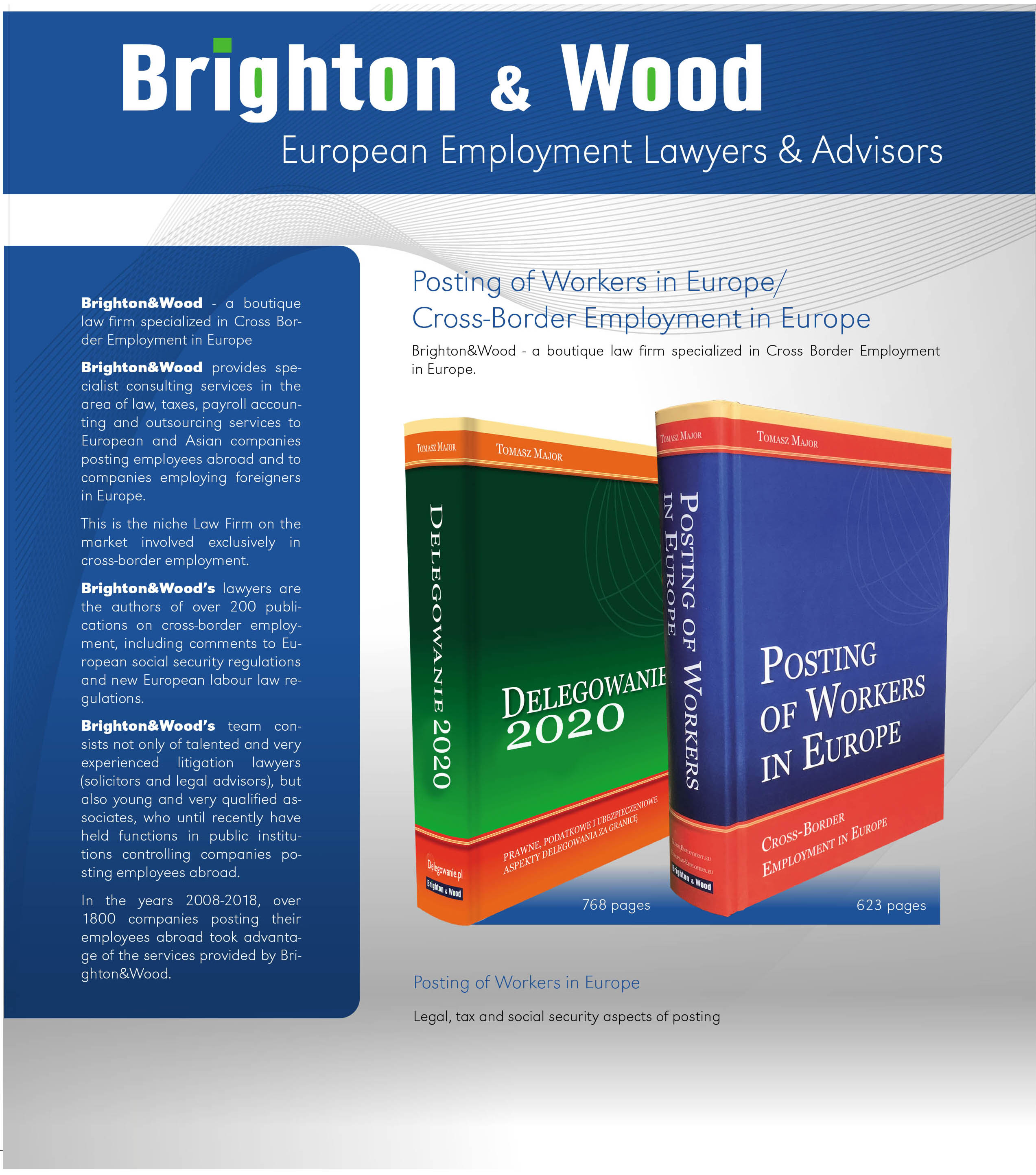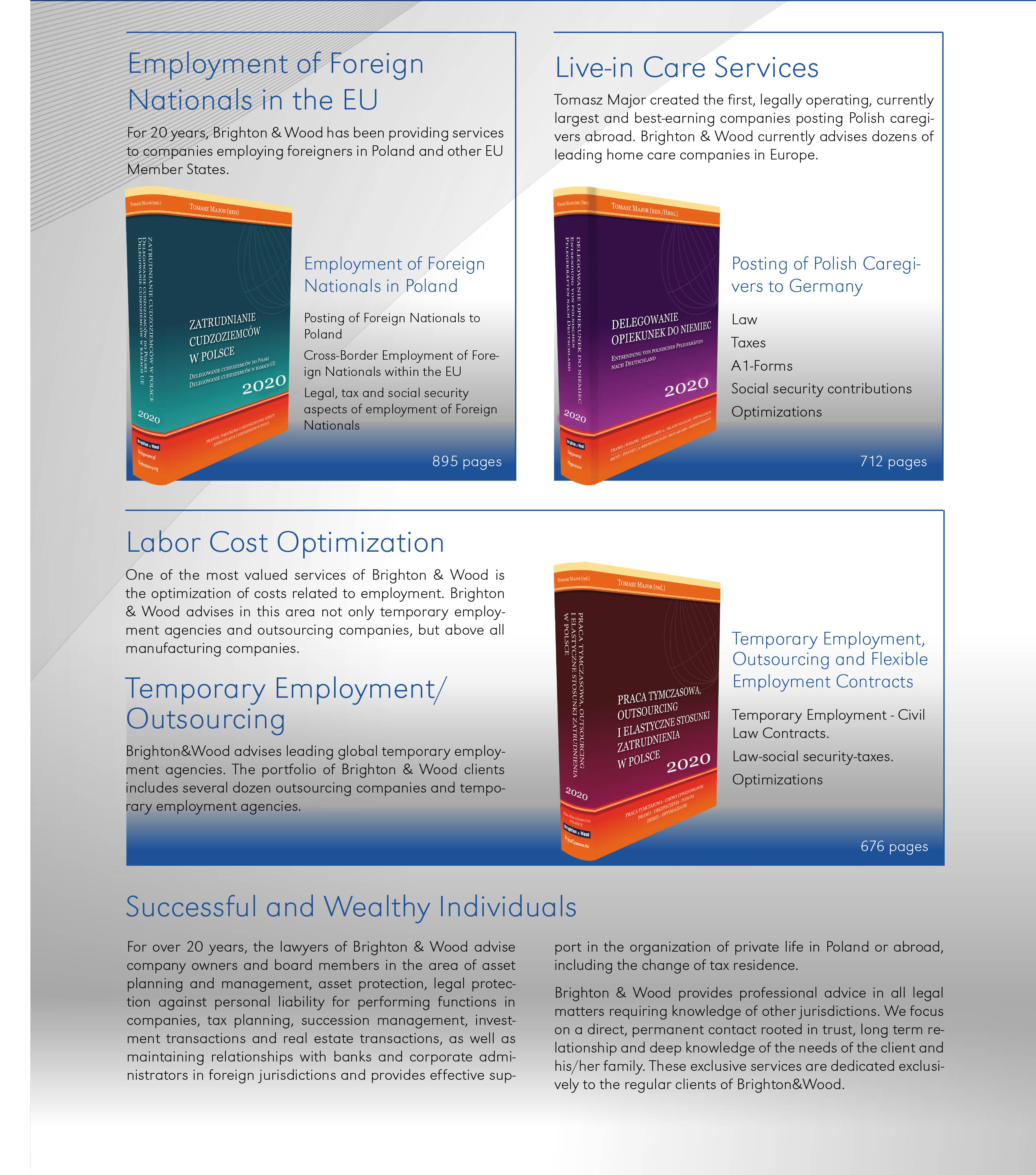Article 24
ELIMINATION OF DOUBLE TAXATION
1. The Netherlands, when imposing tax on its residents, may include in the basis upon which such taxes are imposed the items of income or capital which, according to the provisions of this Convention, may be taxed in Lithuania.
2. However, where a resident of the Netherlands derives items of income which according to Article 6, Article 7, paragraph 6 of Article 10, paragraph 6 of Article 11, paragraph 5 of Article 12, paragraphs 1 and 2 of Article 13, Article 14, paragraph 1 of Article 15, paragraph 3 of Article 18, paragraphs 1 (subparagraph a) and 2 (subparagraph a) of Article 19 and paragraph 2 of Article 22 of this Convention may be taxed in Lithuania and are included in the basis referred to in paragraph 1, the Netherlands shall exempt such items of income by allowing a reduction of its tax. This reduction shall be computed in conformity with the provisions of Netherlands law for the avoidance of double taxation. For that purpose, the said items of income shall be deemed to be included in the total amount of the items of income which are exempt from Netherlands tax under those provisions.
3. Further, the Netherlands shall allow a deduction from the Netherlands tax so computed for the items of income or capital which according to paragraph 2 of Article 10, paragraph 2 of Article 11 paragraph 2 of Article 12, paragraph 5 of Article 13, Article 16, Article 17, paragraph 2 of Article 18 and paragraphs 1 and 2 of Article 23 of this Convention may be taxed in Lithuania to the extent that these items are included in the basis referred to in paragraph 1. The amount of this deduction shall be equal to the tax paid in Lithuania on these items of income or capital, but shall not exceed the amount of the reduction which would be allowed if the items of income or capital so included were the sole items of income or capital which are exempt from Netherlands tax under the provisions of Netherlands law for the avoidance of double taxation.
4. In Lithuania double taxation shall be eliminated as follows:
- Where a resident of Lithuania derives income or owns capital which in accordance with this Convention may be taxed in the Netherlands, unless a more favorable treatment is provided in its domestic law, Lithuania shall allow:
-
- as a deduction from the tax on the income of that resident, an amount equal to the income tax paid thereon in the Netherlands;
- as a deduction from the tax on the capital of that resident, an amount equal to the capital tax paid thereon in the Netherlands.
-
Such deduction in either case shall not, however, exceed that part of the income or capital tax in Lithuania as computed before the deduction is given, which is attributable, as the case may be, to the income or the capital which may be taxed in the Netherlands.
- For the purpose of sub-paragraph a), where a company that is a resident of Lithuania receives a dividend from a company that is a resident of the Netherlands in which it owns at least 10 per cent of its shares having full voting rights, the tax paid in the Netherlands shall include not only the tax paid on the dividend, but also the tax paid on the underlying profits of the company out of which the dividend was paid.
For the purposes of this paragraph, the taxes referred to in paragraphs 3a) and 4 of Article 2, other than the capital tax, shall be considered taxes on income.
PROTOCOL
11. Ad Article 24
It is understood that for the computation of the reduction mentioned in paragraph 3 of Article 24, the items of capital referred to in paragraph 1 of Article 23 shall be taken into account for the value thereof reduced by the value of the debts secured by mortgage on that capital and the items of capital referred to in paragraph 2 of Article 23 shall be taken into account for the value thereof reduced by the value of the debts pertaining to the permanent establishment or fixed base.






